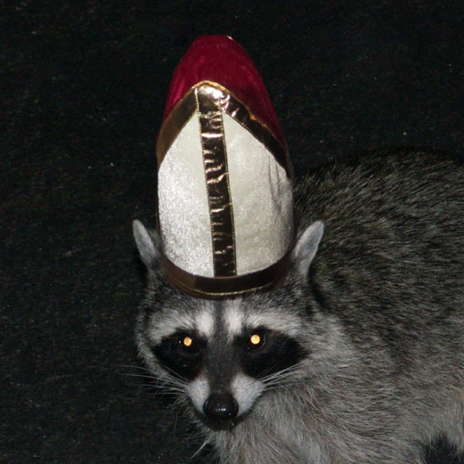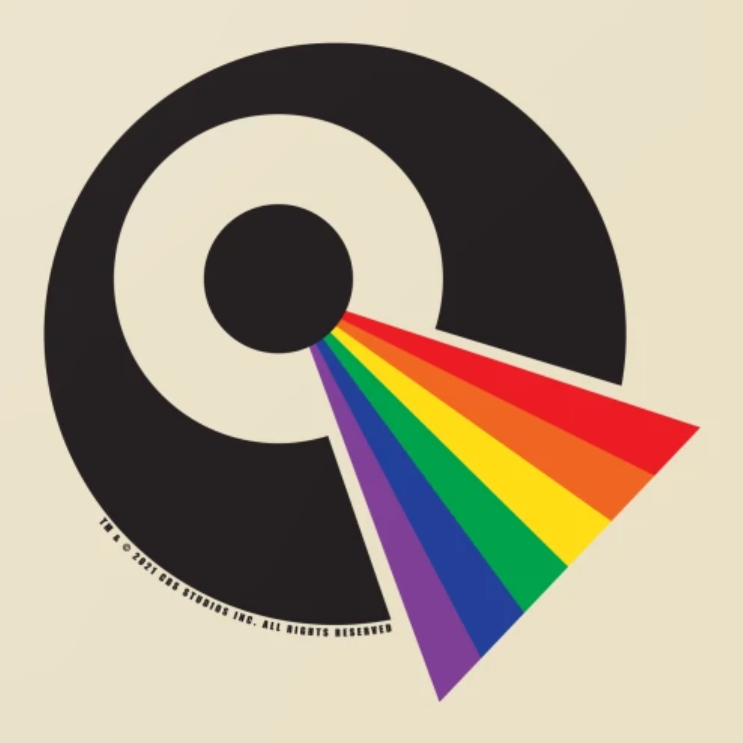This episode is the 60s at its best.
Synopsis
Is Anton Karidian, classical actor, in fact the aptly named Kodos the Executioner? Kirk’s friend Thomas Leighton thinks so, and the water gets bloodier after Leighton turns up dead.
Anton’s company performs Macbeth, and Leighton thinks he recognized the voice. Kirk seduces Anton’s daughter Lenore who, of course, played Lady Macbeth. At this point you know everything that happens for the rest of the episode.
Kirk uses some connections and some wile to put Lenore into a position of asking him to transport the company to their next show. Kirk plays hard to get, but agrees to transport them when Lenore offers to perform for the crew.
Three very important things drive us to our conclusion:
First, Spock retraces Kirk’s steps and logically concludes that Anton is Kodos. Kirk, Spock, and McCoy debate the issues. Kirk wants more than logic to accuse. McCoy wants to know if Kirk wants justice or vengeance. “Do you play God? Carry his head through the corridors in triumph?”
Second, Riley, the drunken Irishman from “The Naked Time,” was also a witness to Kodos’ butchery. Kodos killed his parents. Someone tries to kill Riley, but he’s found in time. Recovering in sickbay, he overhears McCoy entering a log about the Anton/Kodos question. Riley goes out for blood, but Kirk stops him.
Third, someone tries to kill Kirk by planting a sabotaged phaser in his quarters. Kirk confronts Anton and takes a voice recording for spectral analysis. More importantly, Anton is a torrent of emotions, coming right to the edge of admitting his identity.
It comes to a head when Anton plays the ghost of Hamlet’s father. Backstage, Anton is troubled by his past bubbling up, and Lenore says she murdered seven of nine witnesses. Only Kirk and Riley are left. Anton never wanted the blood on his hands to stain her. She manages to nab a phaser from a guard, but when she goes to shoot Kirk, Anton jumps in front of him.
Commentary
Arnold Moss (Anton Karidian) is one of those perfect character actors, who makes you forget about the hokey sets and costumes, and you get lost on the other side of the fourth wall.
I find the central question of this episode fascinating, because it’s something authors like to bring up, but they never seem to have anything to say. What is it that differentiates vengeance from justice? Kirk approaches the Anton/Kodos question diligently, but is that because he believes in justice, or because he wants to be sure?
Is that what separates justice and vengeance—being sure? The question is answered by confession, first Lenore’s then Anton’s. This is the ultimate authorial cop-out. And back in the real world, confessions don’t work like that; confessions are often made under duress or by trickery. Authors never seem to have any moral problem with the latter.
So the question remains unanswered. And, unfortunately, this is how it’ll be for virtually every Star Trek legal mystery.
Yeah, i like this episode as well. 👍


